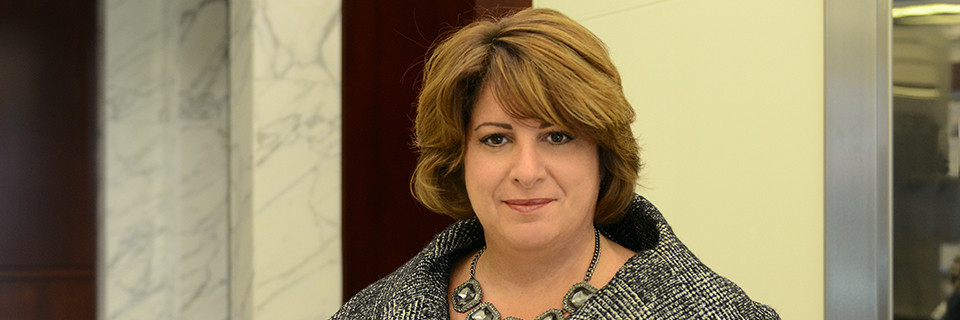By now, most lawyers and individuals active in the Veteran Owned Small Business (VOSB) and Service Disabled (SDVOSB) community are aware of the U.S. Supreme Court’s recent decision in Kingdomware Techs. Inc., v. United States, 136 S.Ct. 1969 (June 16, 2016). The case addressed a provision in the Veterans Benefits, Health Care, and Information Technology Act of 206, which states that the VA “shall” restrict competition to VOSBs when, based on market research, the contracting officer reasonably expects that at least two eligible VOSBs will submit offers and the award can be made at a fair and reasonable price. This is known as the Rule of Two. In Kingdomware, the VA procured a contract for emergency notification services through GSA’s Federal Supply Schedule program, rather than exploring setting aside the requirement for competition among VOSBs per the Rule of Two. Arguing that the Rule of Two was just a tool at VA’s disposal to help it meet its contracting goals, VA took the position that the rule was not mandatory if VA had already satisfied its contracting goals, which it had at the time of Kingdomware. The Supreme Court disagreed, holding that the “shall” language in the statute made the Rule of Two mandatory for every acquisition.
While this holding is now well-known, what is lesser known is a secondary argument made by the VA on appeal and addressed by the Court. In addition to arguing that the Rule of Two was not mandatory if VA had met its contracting goals, VA also argued that the Rule of Two only applied to “contracts.” Since the work procured in Kingdomware was the subject of a task order against a schedule contract, the VA argued that the “task order” was not a contract and therefore not subject to the Rule of Two. The Supreme Court, however, rejected this argument as well, noting that the definition of “contract” in the Federal Acquisition Regulation included task orders.
It is this secondary ruling that may be Kingdomware’s greatest legacy. While the Court’s rejection of the VA’s position that the Rule of Two didn’t apply if VA had met its contracting goals is significant, this ruling is limited to VA’s acquisitions. The ruling that task orders are also contracts may have an impact on the small business contracting community as a whole. That is because the Small Business Act also has a “Rule of Two.” Specifically, the Small Business Act provides that each “contract” for goods or services with an anticipated value between $3,500 and $150,000 shall be reserved exclusively for small business concerns unless the contracting officer is unable to obtain offers from two or more small businesses at competitive prices. GSA has long held that orders against FSS contracts are exempt from the Small Business Act’s Rule of Two because the orders are not contracts. Now that the Court has clarified that orders are, in fact, contracts, there is precedent for the argument that all FSS orders valued between $3,500 and $150,000 are subject to the Small Business Act’s Rule of Two.
Indeed, the SBA has taken this position before the Government Accountability Office. SBA first took this position in a case called Aldevra which was decided prior to Kingdomware. Relying on language in the FAR and SBA regulations, GAO rejected SBA’s position and decided that setting aside orders for small businesses under multiple-award contracts was at the agency’s discretion and not mandatory. That opinion, however, depended on GAO’s view that task orders were distinct from contracts. Now that Kingdomware has been decided, SBA is banking on the GAO rescinding its prior holding in Aldevra on this basis in a case now pending before GAO. Accordingly, stay tuned for the next chapter in the Kingdomware odyssey.

